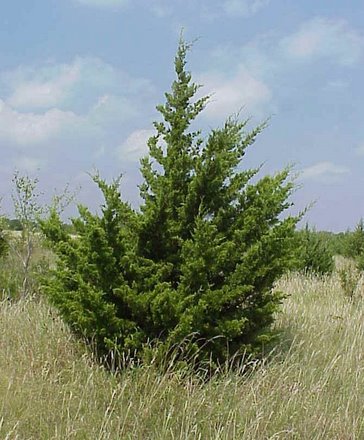
New research suggests that juniper, mesquite and other woody brush that have overrun grasslands on the Edwards Plateau of west-central Texas aren’t the water hogs that they were thought to be. Further, bulldozing this brush may not be wise, because it would remove plants that take in lots of carbon from the atmosphere, making them a potential ally in efforts to counter global warming.
These are the findings of Dr. Jim Heilman, a Texas AgriLife Research scientist and professor of environmental physics in the Department of Soil and Crop Sciences at Texas A&M University.
“People have this idea that trees are suction pumps, that if you have all of this landscape and big trees, much more water is used,” he said. “Not true. What drives water use is the energy supplied from the sun and the atmosphere.”
Heilman’s data show only “small increases” in the amount of water used due to brush encroachment. “It’s not because the trees are extracting large amounts of water that the grasses can’t reach, but because trees trap and absorb more sunlight than grasses,” he said. Continue reading Hill Country Cedar: Combating Global Warming?